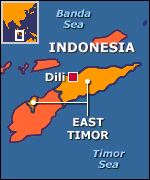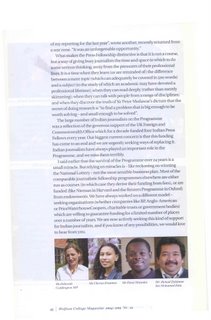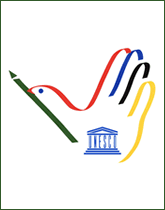
More than 10,000 people were reported to have toured the displays on the opening day of the 2006 World Philatelic Exhibition at the Washington Convention Center on Saturday. Apart from curious first-timers gazing at the exhibits of international correspondence, veteran stamp collectors were there to find what has been missing from their own holdings. The World Philatelic Exhibition is held at least once a year, drawing thousands of stamp collectors and others interested in philately to host cities around the world. A city in the United States is chosen to host the event about once every decade. Some 135 postal administrations from around the world are also involved in the philatelic exhibition, making it a lively, colourful global event. At a time when the postal service is contending with a decline in postal mail because of the ubiquity of e-mail, text messages and other forms of communication that do not require a stamp, the huge interest for the exhibition provides a rebuttal to the notion that stamps and correspondence are irrelevant. Being an ardent first-day cover collector, I have invested a substantial amount of money, time and energy in the hobby which has turned into a passion. During a trip to the United States some years ago, I told a group of university students that stamps had enabled me to broaden my world view. In fact, my early encounter with the U.S. was through stamps given by an American peace corp Robert Feingold to us, a group of young boys, in the small remote town of Kuala Krai in Kelantan in the late 1960s. You don't have to think hard for the answer if someone ask you: What stays in the corner and travels the world?






